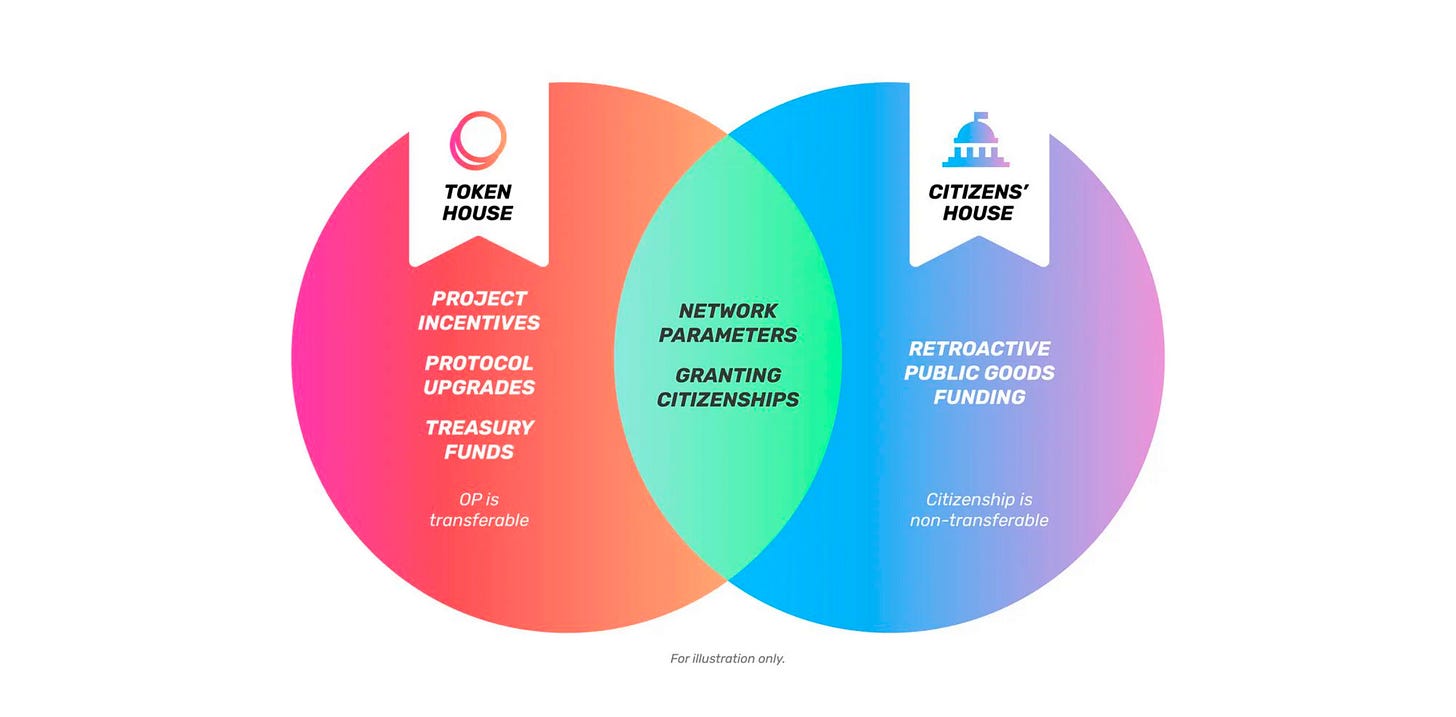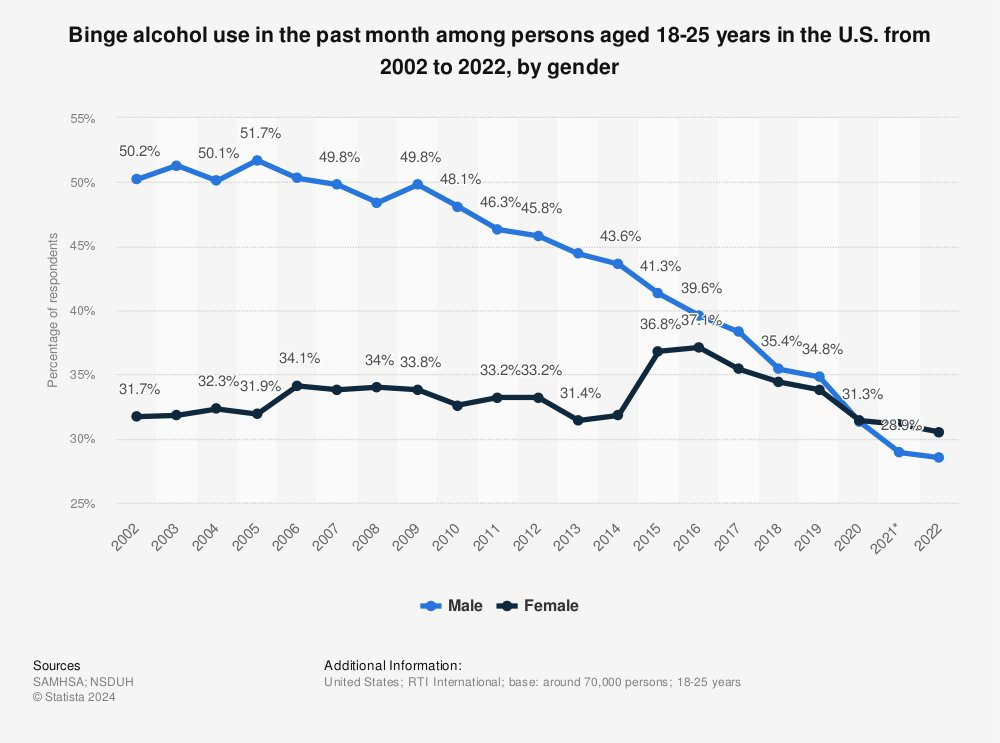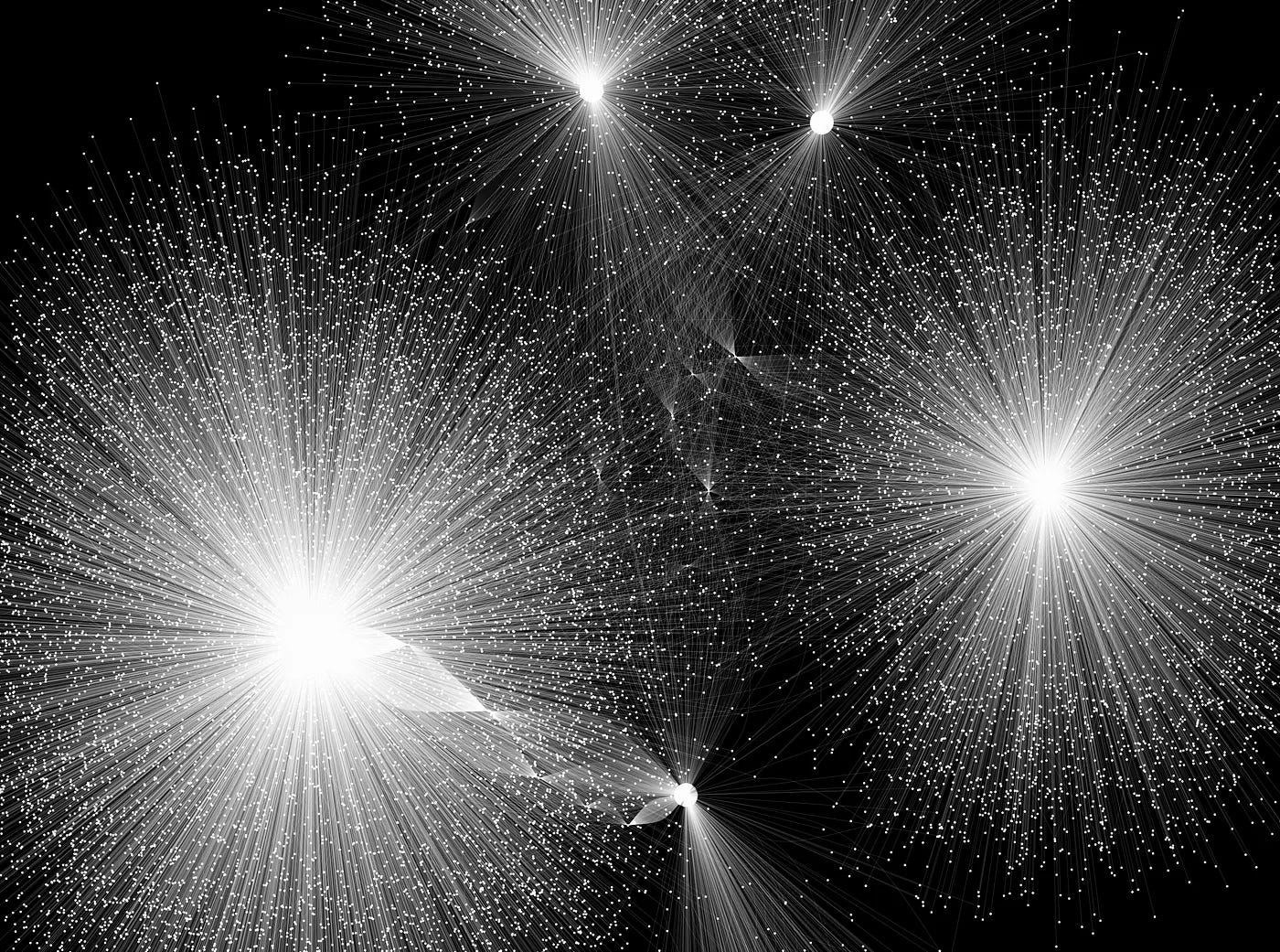Unique Constituencies: From Hong Kong to Blockchains
Also: Creating Realism vs Recreating Reality, Ethereum L2 Usage, and Drinking Less
In watching this video about Hong Kong’s decline, I discovered the concept of functional constituencies and it inspired me to think about what constituencies might look like in the future.
Whereas most legislatures in democracies are usually split between party lists and/or geographical constituencies, functional constituencies are comprised of seats allocated to functional parts of a society. In Hong Kong, there are seats allocated to Finance, Textiles, Technology & Innovation, and so on. To form a part of such a constituency, it’s mostly managed by various professional and trade organisations which set eligibility requirements. In some instances, instead of individuals, it’s comprised of corporations & other institutions (like unions) that form the voting bloc of such a constituency.
While it’s controversial (outsized power by corporations, some people voting twice, strange balances of power, etc), I find the idea of legislatures having unique constituencies interesting.
For example in other places, it’s not just functional: in New Zealand, the Maori have their own seats in the general New Zealand Parliament. In parts of Scandinavia, the Sami people have their own parliaments. Ireland’s senate has seats chosen by university constituencies & vocational panels. In fiction, the Galactic Senate in Star Wars after Ruusan reforms, allowed certain groups like the Trade Federation, seats in the senate.
It’s interesting because in most societies power is distributed in so many ways, many of which have practically the same outcomes as if that voting bloc was a constituency in itself. Eg, unions, ethnic groups, religious groups, professional organisations, etc, all have indirect power. Their endorsements sway legislatures as if they effectively vote for their own seat/s.
Adding unique constituencies directly into a legislature does add unique complexity through the requirement of additional processes (which in itself can open it up to corruption). It’s merely simpler to say: have individuals vote to form a legislature (through party lists or geographical constituencies) than having to also police other processes that makes up a unique constituency. For example, Ireland’s Senate includes a vocational panel whereby there’s a requirement to have sufficient “knowledge and practical experience” in a domain of which there is no statutory definition. This can cause its own controversy such when a clerk denied a nominated representative on the grounds that it looked their experience was padded simply for the role.
In thinking about unique constituencies, what intrigues me is the way it seeks to balance power beyond political alignment and geography. Generally, nation states distribute power in so many different ways. For example, in the USA, the President nominates a Supreme Court Judge and the Senate votes on it. Whereas in South Africa, a new Constitutional Court Judge is elected by first having the Judicial Service Commission providing a slate of four candidates then giving the President discretion in choosing one. In some countries (Germany or India), the Presidents have limited power (such as maybe having power of pardons or veto rights).
But, for nation states, what are unique constituencies that don’t necessarily fall prey to additional complexity and resulting in an opening for corruption? If you enfranchise more constituencies in unique ways, you get more legitimacy.
What about a House of Sortition? A truly, randomly selected house whose only ability is to veto legislation (instead of vesting it in one person in some countries). This could be an entirely separate house. Or, it could be in the main legislature as a way to measure representation: if none of the political parties appeal to voters then a seat is randomly assigned to a citizen. This can be extreme, but it also means that it becomes a check on power of the political parties to *actually* attempt to represent the interests of the people.
Or a 2-of-3 legislature or a 2-of-4 legislature which has different rules for representation? More diverse legislatures that don’t require all of them to agree to a law, only some of them. Four could, for example, be a House (geographical constituencies), Senate (regional constituencies), Assembly (random citizens), and United (Party Lists).
But, what if we imagine constituencies into another domains? Blockchains in the past decade has provided the most fertile and active experiments for how essentially legislate code governed by mathematics. In this organic phase we’ve seen things like USAF fork in Bitcoin, where users ran nodes that would reject an upgrade they didn’t like, to Ethereum using coin-voting to get sentiment on whether to fork Ethereum after The DAO hack and return the funds that was stolen. There’s countless and continuous experiments that ask the question: if we deal with issues of governance in a zone where the idea of a citizen or geography does not exist, how do we govern?
Recently, Compound got “governance” attacked when a group essentially siphoned off funds by the fact that much of the token holders (who are supposed to be vested in governing funds) just didn’t bother to do anything about it.
According to a recent study by two academics from the University Complutense of Madrid, 50% of DAOs have less than ten voters. Further, members of DAOs with between 1,000 and 10,000 members participate in the governance process for less than 30% of proposals put forward — while more than 50% of the voting power is controlled by less than 1% of members.
There’s a huge issue of disinterest in pure token-voting mechanisms, such that you get these subtle, social attacks.
Optimism innovated by adding a Citizen’s House next to a Token House.
But, we know that there are different layers of people and institutions involved in essentially “governing” these spaces. Developers, infrastructure providers, users, and now, increasingly, interfacing with existing legal and financial systems of nation states. It being governed through a mix of ad-hoc external social systems and hardcore mathematical and financial systems internally still feels like it leaves room for more. Formalised non-geographic constituencies is probably far out, but I think it’s fertile ground to experiment with. Even if they don’t have directly impact the governance of these supranational systems, they could offer alternative benefits merely by doing the hard work of drawing boundaries, eligibility around consensus.
A shining proto-form of this Ethereum’s Protocol Guild, which sets out to keep on record the group of people who are actively contributing to the Ethereum protocol. Having this ‘end-point’ has allowed funding to directly go to the Protocol Guild. The fact is: someone or some institution has to do the effort maintain this record for benefit of a broader group of people.
I’m excited to see how we design future governance systems fit for a more modular and decentralized age. And, in turn, hoping that those lessons can be funneled back into nation states.
Bonus Content!
A quiet and then busy week as I’m back to travelling and seeing family!
📚 Reading - At the Existentialist Café by Sarah Bakewell
Since I’ve been mostly reading (listening to audiobooks) when I’m running, it’s been slower due to the heat. So still tackling this. :)
🕹 Playing
Since I’m mostly writing these days, I got myself an iPad for the first time and decided to see how well it works to be three devices I would haul along each time: a MacBook, Kindle, and Switch. So, now I’m only travelling with an iPad. I don’t know iPad gaming at all, so I downloaded FTL, something I know my friends played a while back. Haven’t played it, but hoping to soon! Reason why I have this here: do you have an iPad and do you have any games to recommend? Drop in the comments which ones are your favorite!
👨🏻💻 Work - New Novel
Making progress, slowly but surely. Running up against more headwinds as I’m struggling with parts of the 1st draft that isn’t as strong as I thought. So, wondering in what ways I can change/modify it while retaining the essence for this second draft. This is probably the most fun and hardest part of writing a story for me. It’s when you have something and try to determine what’s the lowest lift to improve the story without causing much rewrites down the road.
🏃🏻♂️ Running - Race!
Did a 10k race in the English countryside. First time doing it with my father. Massive privilege and joy. Got 54:12, which I’m happy with given lack of training in the DC swamp heat. What was weird, however is that I ran it all in zone 2, which I’ve never done. The effort felt way harder. Not sure what happened there. Guess that’s just my fitness improving?
🌐 Links
The Curse by Thomas Flight
I’ve really been enjoying Thomas Flight’s videos over the years. He gives quite good light into work I enjoy. The video on The Curse (which I finished watching last week) and reality TV in general is so great.
There’s a quote from Benny Safdie that really stands out when he discussed The Curse. Had to take some time to fully digest it.
When you become obsessed with creating realism, you create something fake. When you obsess about recreating reality, you create something hilarious.
I think more broadly, it speaks to how people are focused on recreating the outcomes of the world around them, and then missing the forest for the trees. For example: first-time writers will write a story close to how one of their favorite stories feel without understanding the *why* of how it ended up there. So, they recreate the things they think are the important bits (magic systems!) without understanding why those bits are important (magic in fantasy can be a powerful theme on power). Same goes for first-time bands that are playing into the feeling of the music they like and its context (even dressing to the music) without understanding the underlying processes that led to their favorite sounding and feeling like it does. Another example are people adopting the “influencer” aesthetic of their favorite influencers. People become obsessed with recreating a feeling and copying the surface-level aesthetic simulacra which are the tips of the iceberg of everything else that actually drives the feeling.
And so that mantra is quite powerful: Am I trying to make this look real, or am I recreating reality? The latter is about an appeal to authenticity regardless of whether it hits the aesthetic markers of the medium.
Less Boozy Youth
It’s interesting how much less the youth are drinking.
It’s fun to speculate, but I think a big contributing factor is that with the internet, there’s less of a there-there to in-person togetherness. I think a comparative graph would plot it next to the prevalence of young people getting together physically at all (data for high schooler doing in-person socializing). Social life from a phone means you aren’t drinking as much as before.
I’ve been drinking far less than usual and I’ve actually really enjoyed it. The less I drink, the more drinking affects me. So, I drink less.
L2 Usage by Takens Theorem
One of my favorite data viz wizard * artist’s has a new blog up on Etherscan detailing usage of L2 since Ethereum’s Dencun upgrade.
We often think in terms of homogenous metrics of activity: Numbers go up and go down indicating flocking towards (or away) from ecosystems. Dencun definitely led to a large wave of transactions and unique addresses engaging L2s. But zooming into transactions reveals more structure. Median transaction rose suggesting willingness to bridge more unit value as users came in droves. Clusters of transactions may indicate that L2-specific farming or other activities are taking place. There is major disparity in how many L2s an address uses: Most bridge to a single L2, maybe selecting a favorite and trying it out. A smaller subset bridge to many L2s, and these seem to be, at least in part, “whales” that we’d expect from such engagement.
Catan Resource Futures
I love boardgames. I despise Catan. One of my least favorite “popular” boardgames. Now, if there are futures contracts involved, I might reconsider playing it again. 😅
🎶 Music
CRi - Dark In This Room (Live Session)
Always enjoyed CRi’s magical electronic ambient house mix of music. The latest is as stellar as ever. Enjoy!
As always. Hope you get to enjoy a lovely sunset and then see you all next week. As I’m travelling atm and trying be more present, expect the newsletter to be a bit thinner. :)
Simon






